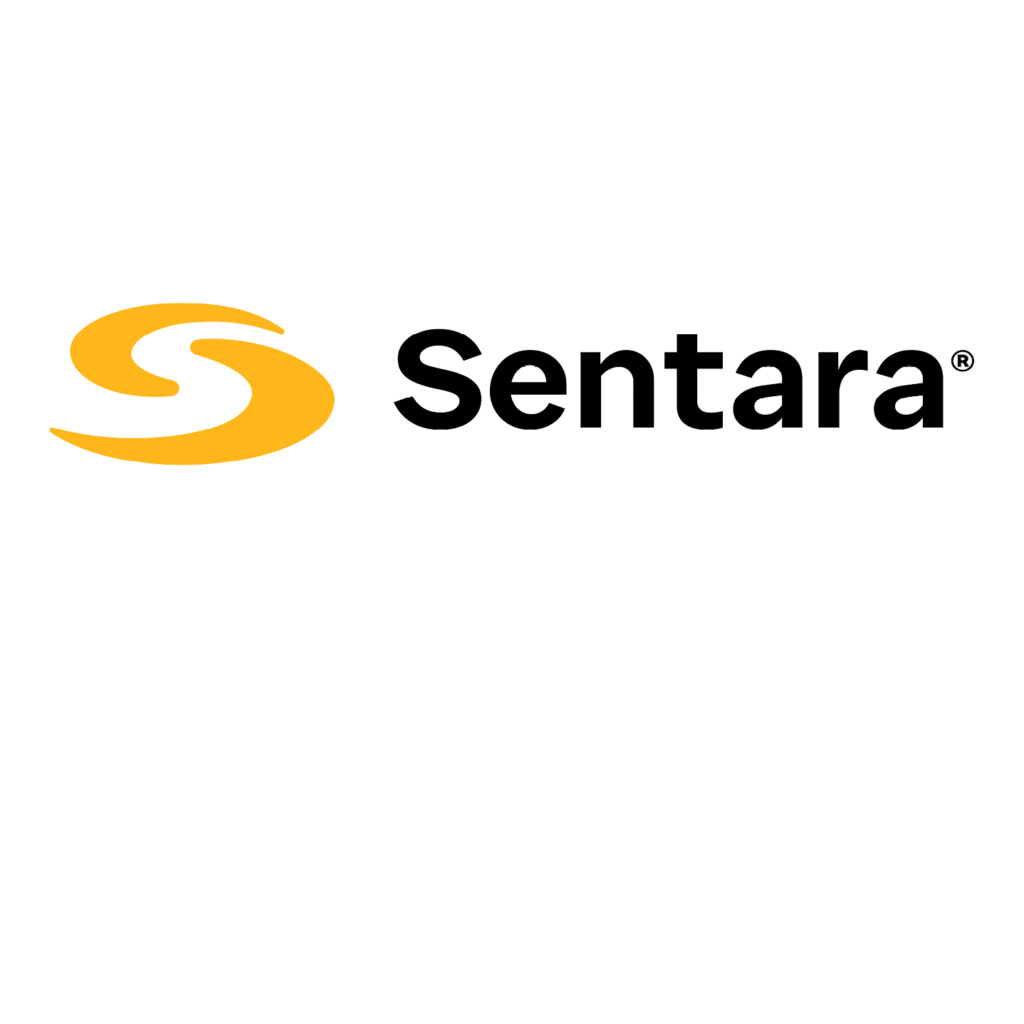
Individuals without a place to live often seek care in hospital Emergency Departments (ED) for nonurgent medical care, mental illness, substance abuse and socioeconomic challenges such as lack of transportation, housing or access to a telephone. In Norfolk, Virginia, guests from The Union Mission homeless shelter frequently visited local EDs due to uncontrolled chronic conditions and difficulties in getting their medications filled.
Sentara Healthcare initially partnered with The Union Mission to provide vaccine education and vaccines during the pandemic. They quickly recognized a significant mistrust of the mainstream medical system among shelter guests. To improve community health, Sentara saw the necessity of building relationships and implementing care models within these communities.
Leaders from Sentara Healthcare and The Union Mission collaborated to find the best ways to support these guests. This collaboration led to the creation of Sentara Community Care, a new model delivering neighborhood-level health and wellness services to under-resourced communities. It addresses key factors affecting health, such as housing, transportation, family support and access to healthy food and community resources.
With this new care model, services have become more accessible. A van now regularly visits high-need neighborhoods to provide patient exams and prescriptions. Additionally, an onsite medical clinic embedded in the shelter provides care, reducing the need for ED visits.
To further enhance this care model, Sentara and The Union Mission partnered with People’s Pharmacy to tackle medication challenges. As a dedicated pharmacy serving this population, People’s Pharmacy now fills prescriptions for longer periods and delivers them to the shelter, helping guests better manage their health and reduce ED visits.
“This program has enabled us to connect with and support the most vulnerable members of our community, ensuring they receive the care they need,” said Michael Charles, MD, Executive Director, Sentara Community Care Program. “We are especially proud of developing trusting relationships with our patients and communities. Moving forward, we will continue to collaborate with other community partners to amplify our impact.”
Before the Union Mission clinic opened in July 2022, shelter staff called EMTs for ED transfers about 10 times a month. After the clinic opened, transfers dropped to two to three per month, resulting in an 80% decrease in ED referrals and the decrease in ED utilization has continued over the last two years. The program has been positively received by the community, achieving approximately 98% satisfaction among guests at the Union Mission.
This successful model demonstrates how collaboration can lead to innovative programs that reduce frequent hospital visits.
